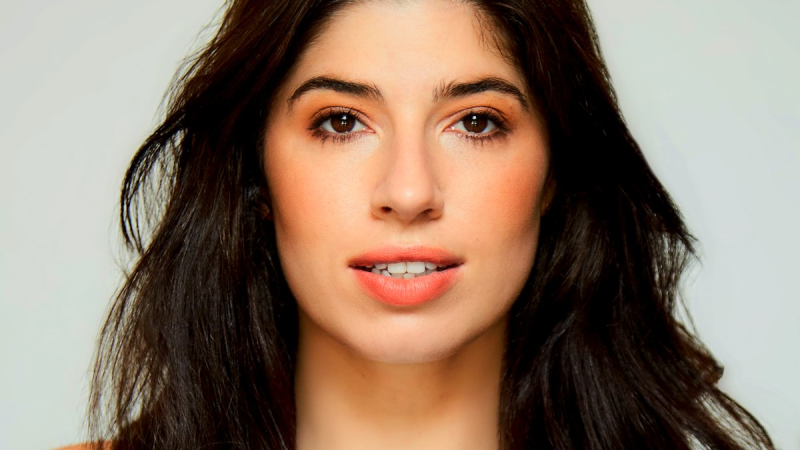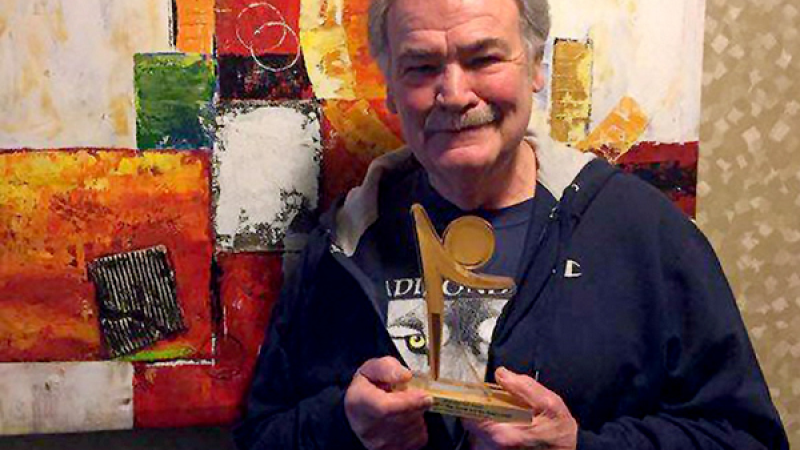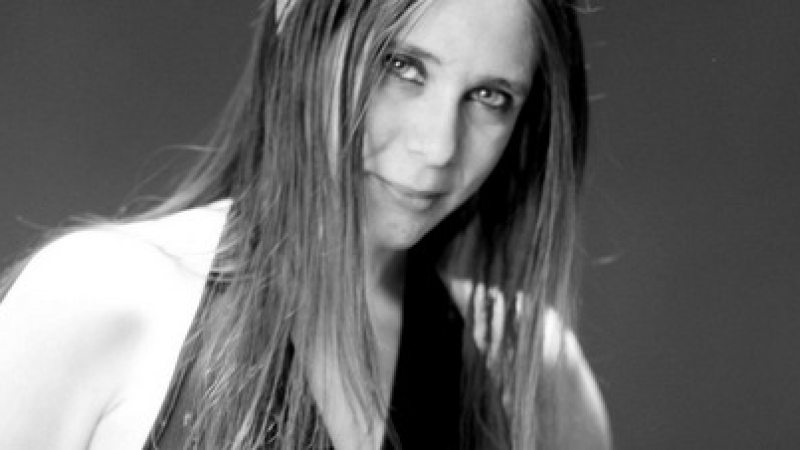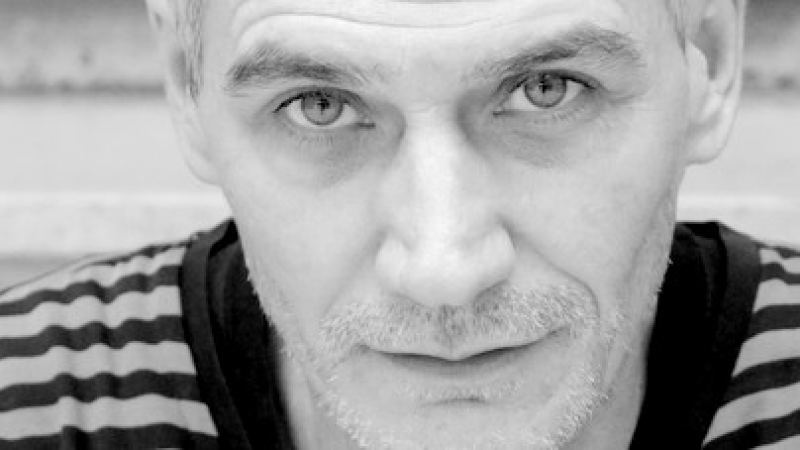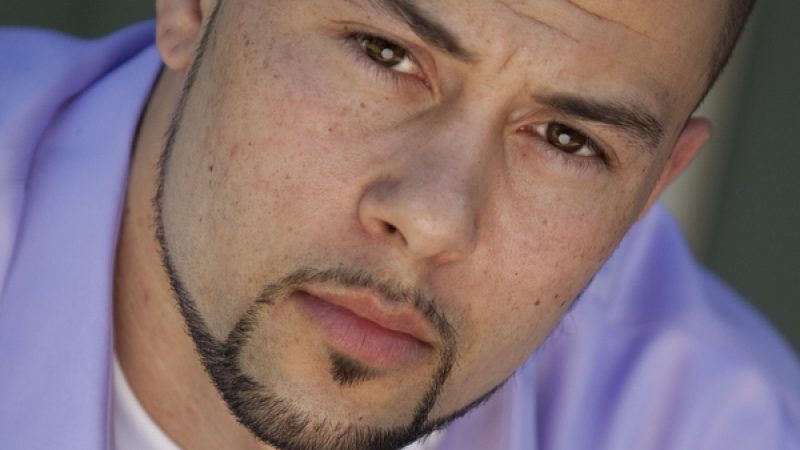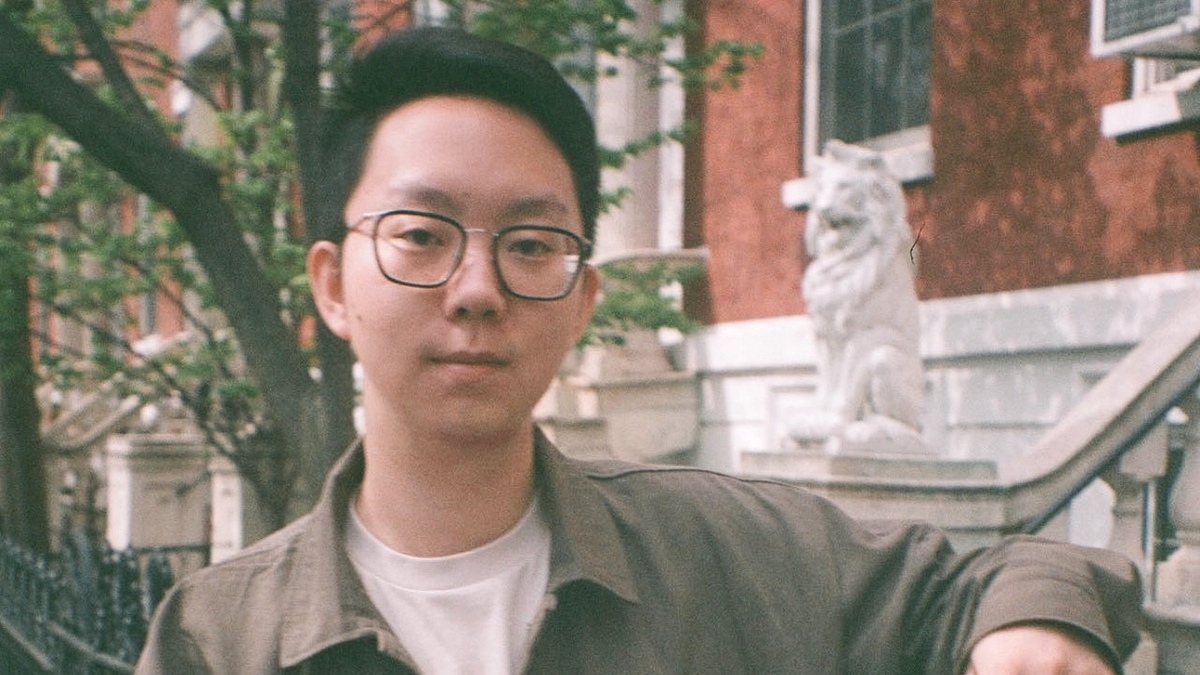
I’m a multidisciplinary filmmaker born and raised in Beijing, and navigating life between New York, Auckland, and elsewhere in the world. My nomadic background sharpens my instincts for subtle emotions and shapes my work across narrative, documentary, experimental, and hybrid genres, where I explore themes of migration, identity, and the complexities of human connection. I hold a B.F.A. in Film & Television from NYU Tisch, with a minor in Business of Entertainment, Media, and Technology. My work has received support and recognition through university awards and international film festivals.
indieactivity: How’d you get into filmmaking, or post-production? Were you always drawn to post?
Jeremy Chi (JC): Honestly, it kind of started by accident. I was playing around with iMovie and Final Cut on my laptop as a teen, and I would splice together random videos to create some sort of narrative. Later, at film school, I learned that in addition to video editing, there was a whole world of sound editing, design, recording, and mixing. I played piano and trombone as a kid, so that was really helpful in training my ears, and I found myself gravitating toward both picture and audio editing. There’s something about the quietness of the edit suite, like, the chaos has already happened on set, and now it’s just you figuring out how to make sense of it emotionally. That’s where I feel most in control.
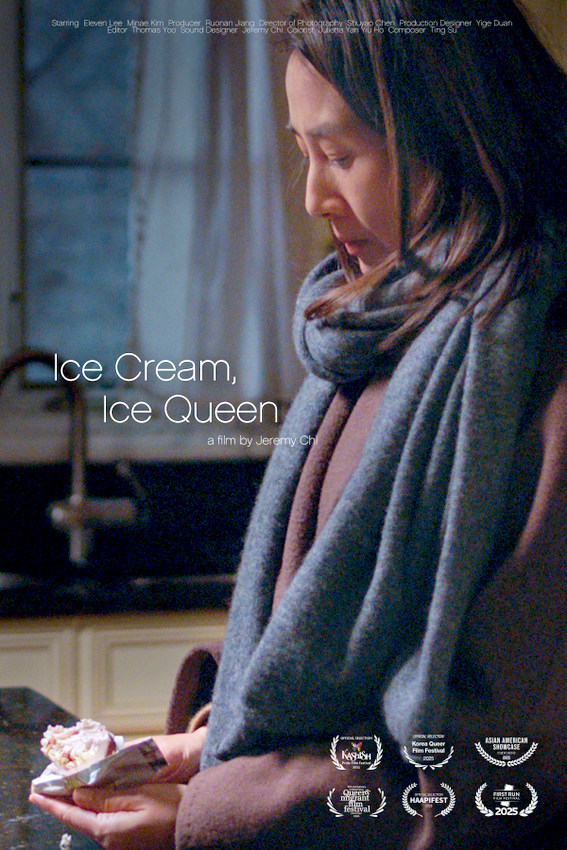
“Ice Cream, Ice Queen” is your latest – what made you want to tell this story?
Jeremy Chi (JC): This film is like a summary of everything I experienced and felt about human connection during my time in New York. I kept picturing this character eating ice cream in the dead of winter, not because she’s happy, but because she wants to feel something – anything. And it sort of grew into this story about two women, both immigrants, both carrying things they can’t say out loud.
You wore a lot of hats on this one. What was that like?
Jeremy Chi (JC): Yeah, I directed, supervised the edit, and did the sound design myself. Being in charge of both picture and sound has allowed me to be precise and expressive in shaping the film’s emotional tone exactly how I imagined it. There was one scene where I shot wide, no close-ups, so later I just rewrote the dialogue entirely in post and re-recorded everything. The mouths weren’t visible, so no one could tell. That ended up being one of the most intimate scenes in the film.
I also ended up cutting the whole film out of order, pretty much ditching the original linear script and just following the feeling. There’s this game the characters play, where they whisper secrets in their native languages to each other. I broke that scene into scattered fragments. Now it floats in and out of the story like a half-memory or a fantasy.
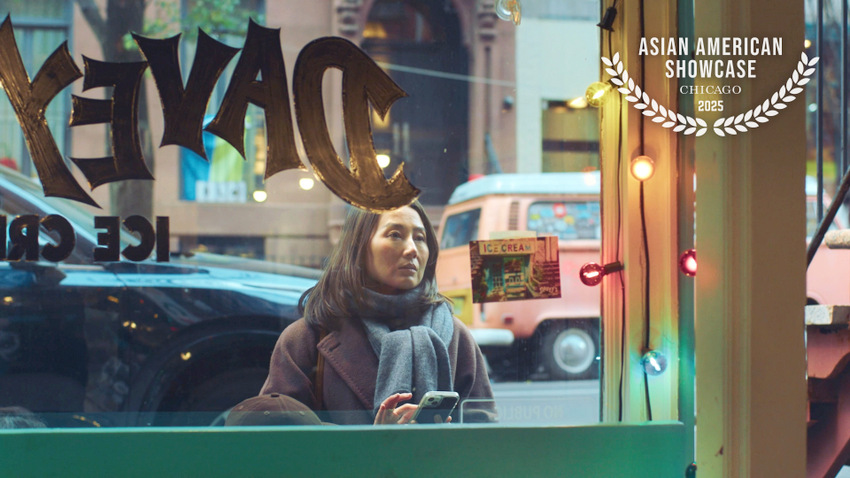
What kind of responses have you been getting from audiences?
Jeremy Chi (JC): One of the most unexpected was after the International Queer & Migrant Film Festival screening in Amsterdam. A girl found my IG and messaged me saying she loved the film. And, had already recommended it to her friends. Then she started asking me thoughtful questions about the characters and structure, like she’d really paid attention.
She also mentioned that most of the audience seemed to be Dutch and really curious about Chinese culture. Which honestly surprised me a bit – I always wonder how cross-cultural stories will land. But that message reminded me that people do connect, sometimes in really quiet, generous ways. Later, the film was also awarded Best Short Film at the festival, which meant a lot to me.
You’ve done sound and edit work on a lot of other projects too, right?
Jeremy Chi (JC): I’ve been bouncing between agency work and indie stuff. Currently, I edit for Amazon Prime Video, handling these global campaigns that span six or seven countries. And, then on the indie side, I did sound on short films like Chroma. Which played in Sarasota and Wyoming, Blub Blub, which won at the Cannes Film Awards, and a bunch more. It’s an interesting mix of worlds – one is fast-turnaround, client-focused; the other is deeply personal. But I kind of need both.
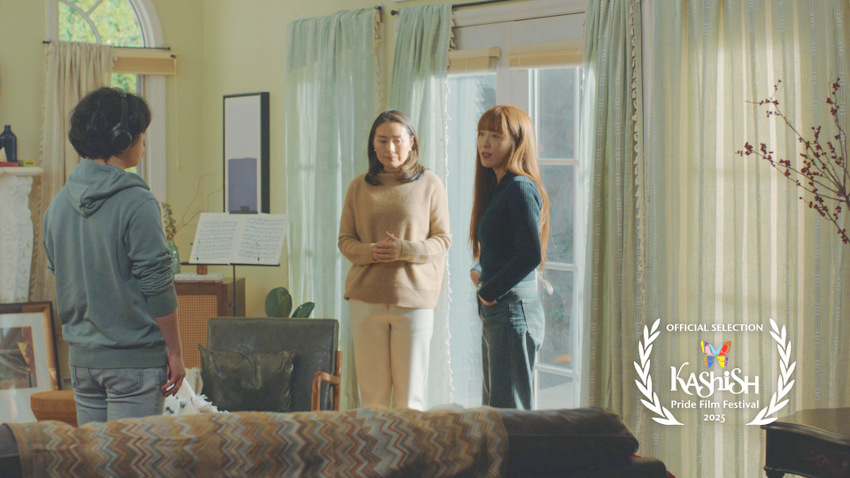
The film had a lot of talent working behind the scenes as DPs, sound designers, composers, etc. Why is diversity important both in front of and behind the camera?
Jeremy Chi (JC): Diversity behind the camera shaped the film in ways I couldn’t have predicted. I supervised the editing process with a Korean American editor. And, I remember we were recording temp ADR together just to test a few lines. That moment actually inspired me to rewrite part of the riverside scene and re-record new lines in Korean. Because, one of my actresses is from Korea. And, I thought something in her mother tongue would carry more emotional weight. But for me, it wasn’t just about translation, it was about the intuition in a conversation. If my editor hadn’t been there with that shared cultural lens, I don’t think I would’ve caught that. And perhaps that helped with my film’s selection at the Korea Queer Film Festival.
What’s next for you? What are you working on right now?
Jeremy Chi (JC): I’ve got some commercial and branded projects that I’ll continue working on. But, there are also some more indie passion projects lined up. One I’m really excited about is a documentary I’ll be editing. That follows an artist who collects plastic trash and turns it into intricate artworks. It’s a reflection on our environmental crisis, but also on how beauty and resistance can emerge from waste.
What would you recommend to a new director at the beginning of his/ her journey? Any special courses, workshops, helpful books they can read?
Jeremy Chi (JC): Just start making stuff. That’s what helped me the most. Shoot on your phone, edit it yourself, mess around with sound. That hands-on process teaches you more than any class ever could. And watch films – not just the classics, but things that feel emotionally close to what you want to make.
Who is your favorite director? Why?
Jeremy Chi (JC): Xavier Dolan was huge for me as a teenager. Seeing someone that young telling these messy, dramatic queer stories with so much emotion really opened a door. It was the first time I saw something on screen and thought, maybe I could make something like this too.
Lately, I’ve been obsessed with Ryusuke Hamaguchi. I love how his films carry this undercurrent of tension even when nothing dramatic is happening. The quiet conversations and the kind of restraint is something I’m really drawn to.
Let’s have your comments on the Jeremy Chi interview or on Facebook, Instagram, or Twitter
Socials
Website
LinkedIn
FILMMAKER INTERVIEWS

